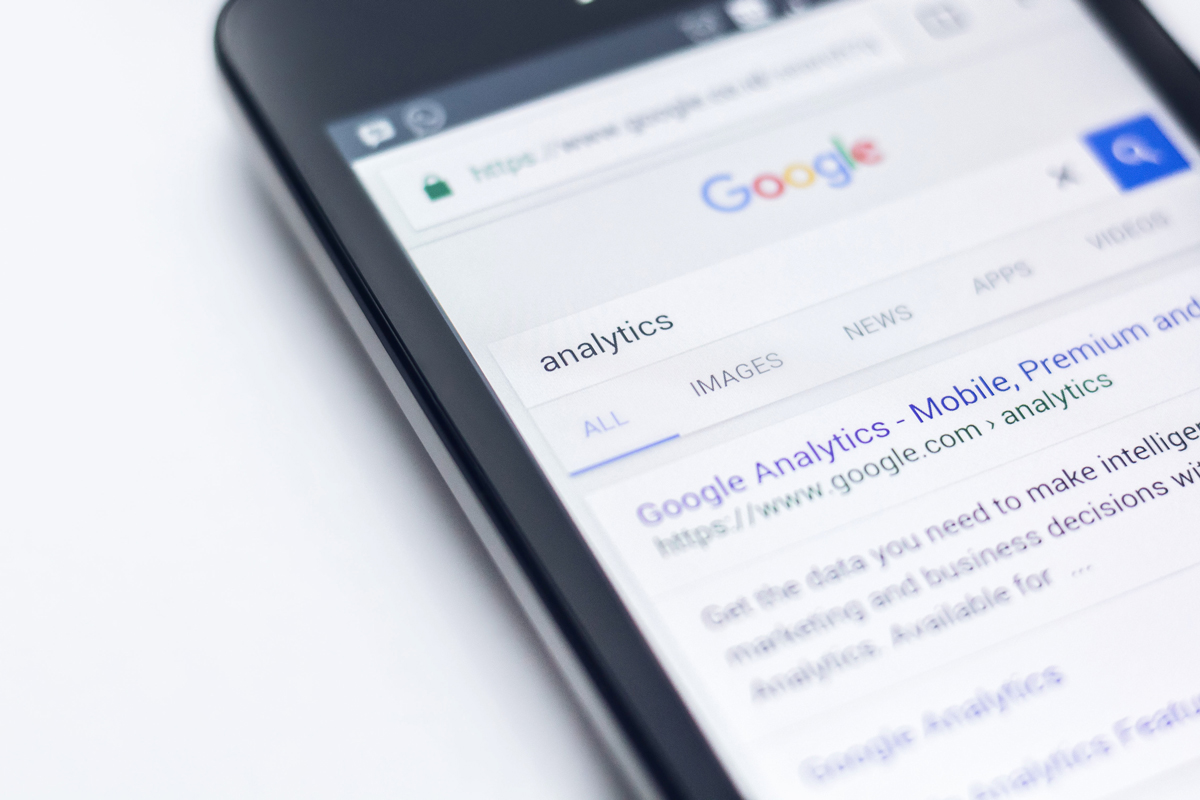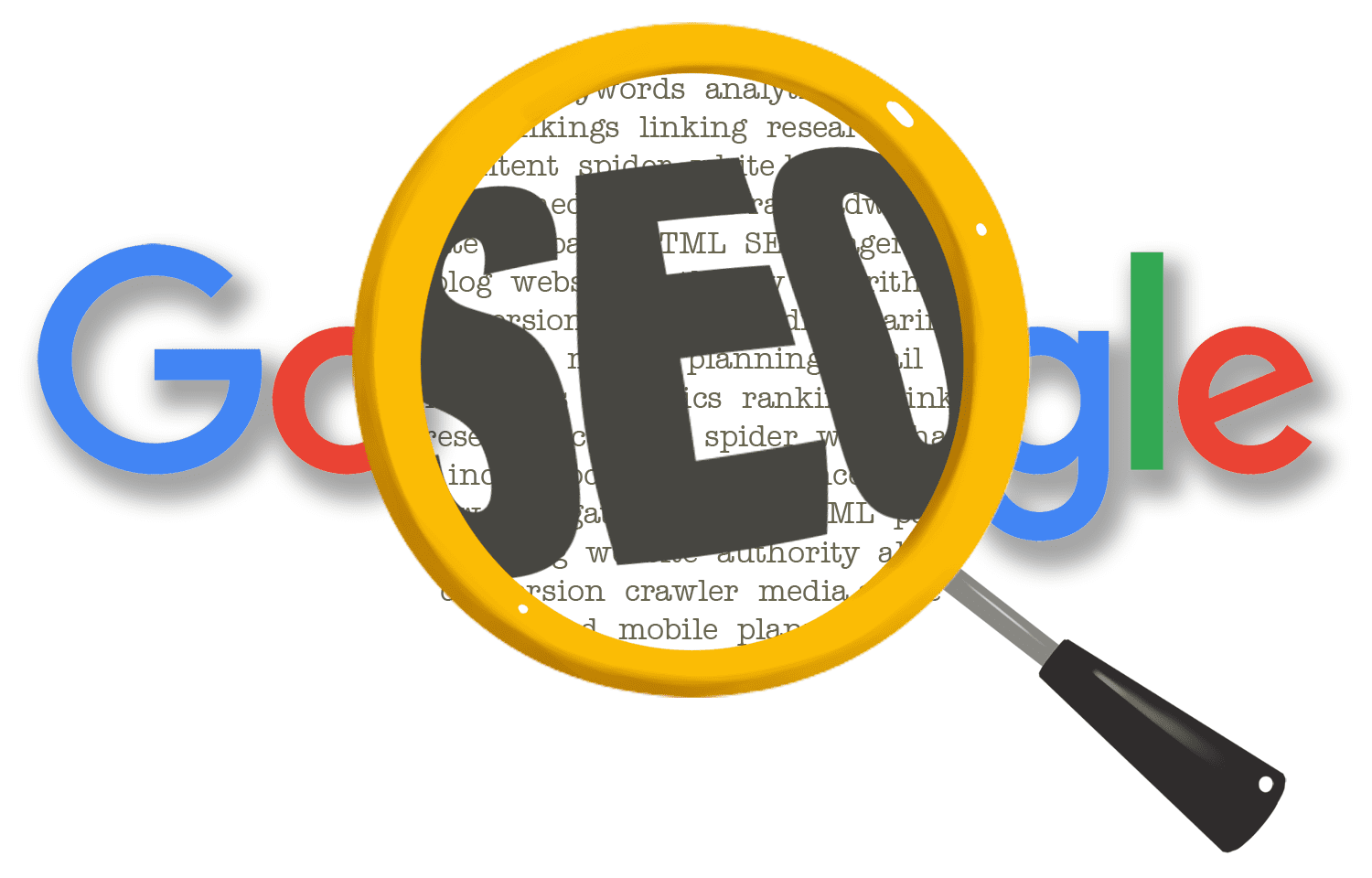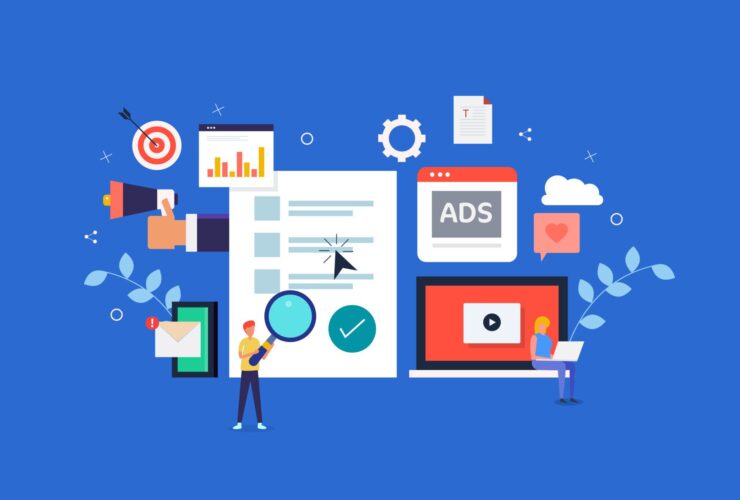How do Google Paid Ads integrate with Site SEO?
Google Paid Ads (often referred to as Google Ads or formerly AdWords) and Search Engine Optimisation (SEO) are two distinct digital marketing strategies, but when they come together they can enhance your online presence and drive more traffic to your website.
SEO centres around achieving higher rankings in the search engine results pages (SERPs) through natural or organic search outcomes. Relying on your keywords, quality of your website or landing page and relevance of your content against the search query.
In contrast, Google Ads appear at the top of Google search results, gaining immediate visibility and potential leads through a pay-per-click (PPC) advertising model. For a particular bid amount, you can create targeted, eye-catching ads to reach your desired audience precisely when they’re searching for relevant products or services on Google’s search engine and partner sites
So, how does Google Paid Ads integrate with Site SEO?
Think of your digital marketing strategy like tending to a garden: PPC is like giving your plants a boost of nutrients – it doesn’t directly change the soil quality (which is like your website’s SEO), but it helps your plants (website) thrive and grow better.
While PPC itself doesn’t directly alter your SEO, it indirectly contributes by driving more visitors, which, over time, can attract attention from search engines and potentially improve your overall SEO efforts.
Here’s how they integrate:
-
Keyword Research
Both Google Ads and SEO require keyword research. Keywords refer to specific words or phrases that reflect the main topics and subjects of a web page’s content, aiding search engines in understanding and indexing the page for relevant search queries.
It’s a bit of a you scratch my back and I’ll scratch your back scenario. SEO and Google Ads both leverage keyword insights for focused traffic. Combining SEO’s organic keyword success with Google Ads helps in finding valuable terms for campaigns. While in reverse, PPC data refines SEO by using the keywords to enhance website content.
-
Data Sharing and Insights
Google Ads provides detailed data about which keywords, ads and landing pages are driving conversions. This data can offer insights into which keywords are most effective and resonate with your audience. You can use this information to refine your SEO strategy by focusing on keywords that perform well in your paid campaigns.

-
Identifying and Optimising Website Pages
Google Ads can help identify which pages on your website are highly effective at converting users. By identifying these pages, you can optimise them for SEO to increase organic traffic to those specific pages.
By providing multiple touchpoints on SERPs, by appearing in the organic search results from SEO tactics and in the Google Ad results, you enhance click-through rates (CTRs). It boosts your website’s visibility and strengthens a brand’s authority, leading to a greater share of user attention.
-
Consistent User Experience
To achieve high-quality scores in Google Ads you need to remember to have relevant and engaging landing pages. Google uses factors such as ad relevance, landing page experience, and expected CTR to determine ad rank for a search query. It can also lead to lower costs and better ad placements.
Optimising landing pages for both paid and organic traffic ensures a consistent user experience and boosts your website’s credibility.
-
Testing Ad Copy and Meta Descriptions
A/B testing is a common practice in Google Ads to improve ad performance. The ad copy that resonates with your audience in paid ads can be incorporated into your website’s meta descriptions. This can lead to higher CTRs in organic search results, improving your SEO performance.
-
Competitive Insights
Google Ads provides insights into your competitors’ strategies, such as which keywords they’re targeting and the ad copy they’re using. This information can be valuable for your SEO strategy as well. You can identify gaps in their strategies and capitalise on keywords they might not be targeting.
-
Remarketing
Google Ads allows you to use remarketing campaigns to target users who have previously visited your website. This can improve brand visibility and potentially lead to higher organic searches for your brand name, indirectly benefiting your SEO efforts.
-
Budget Allocation
While Google Ads requires a budget for every click, SEO doesn’t directly involve paying for clicks. By analysing the performance of your paid campaigns, you can adjust your budget allocation based on which keywords are driving the best results. This data can inform your decision-making for organic keyword targeting as well.
-
Immediate Visibility vs. Long-term Growth
Google Ads can provide immediate visibility in search results, which can be particularly useful for new websites or time-sensitive promotions. SEO, on the other hand, is a long-term strategy that focuses on improving organic rankings over time. Combining both approaches allows you to capture immediate leads while building a sustainable organic presence.
–
While integrating Google Ads and SEO can be beneficial, they are separate strategies that require their own expertise. Coordinating efforts between paid advertising specialists and SEO professionals is essential to ensure a cohesive and effective overall marketing strategy. Chat with the team at Radical Cloud Solutions if you’re interested in a free audit of your digital presence or would like to find out more about our SEO and PPC offerings.



